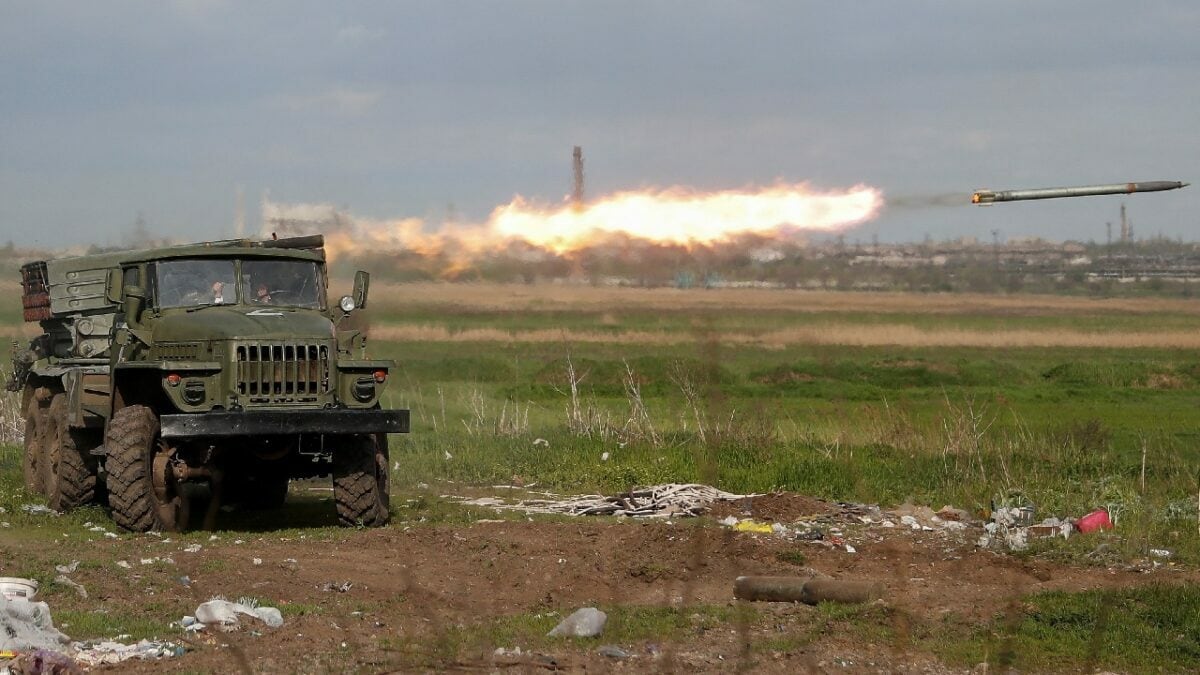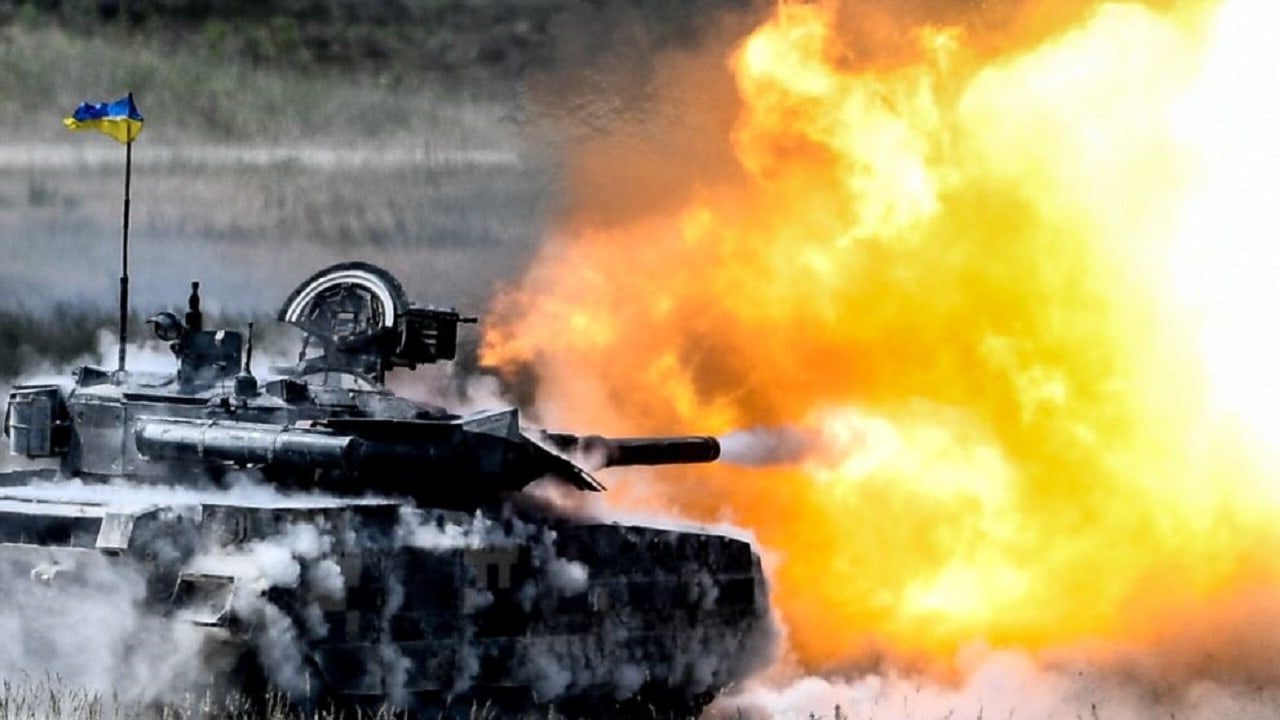Ukraine’s Recent Battlefield Successes Validate Giving It a Chance to Win: Earlier this summer, it became conventional wisdom that Russia would grind down the Ukrainian army in a war of attrition. Yes, Ukraine had defeated the initial Russian blitzkrieg on its capital, Kyiv. But Ukraine was still severely outnumbered and outgunned. As Russia focused its effort in one area – Donbas – its artillery would break Ukrainian units; Russia would slowly gain ground. In time, the Ukrainian position would become untenable.
This position suggested that Western support for Ukraine was therefore prolonging the inevitable. If Ukraine could not win, it made sense to make concessions to end the war, its destabilizing effects on the region, and the suffering of the Ukrainian population. This position was most notably articulated by Henry Kissinger.
Variations on this notion were shared by realists, who invoked the ‘reality’ of unbeatable Russian power and risk of escalation, and ‘restrainers,’ who saw the US getting pulled into yet another post-Cold War conflict, this time with a nuclear power. There was also substantial suspicion that many Western voices counseling this strategy did so to promote a Russian victory under the guise Russian inevitability. A curious alliance of ‘anti-imperial,’ pro-Trump left- and right-wing pundits emerged – voices like Tucker Carlson on Fox, leftist journalists like Glenn Greenwald and Michael Tracey, right-wing pundits like Rod Dreher and Michael Brendan Dougherty, and politicians like Marjorie Taylor Greene and Rand Paul – including, of course, Victor Orban and Donald Trump himself.
Ukraine Has Proved It Can Win
This position has suffered a significant setback with Ukraine’s recent and rapid battlefield success.
The notion that Ukraine cannot win is no longer tenable. It is now quite clear that Ukrainian leadership, national commitment, and tactical grit are outfighting the Russians.
Russian summer successes, which motivated much of this earlier pessimism, used enormous resources, including high-quality units and vast quantities of artillery shells, to make minimal progress. The Ukrainians did indeed give ground, but it is now clear that this was an orderly withdrawal designed to exhaust the Russians, weakening them against later Ukrainian offensive action.
The anti-Ukrainian position in the West now faces a dilemma. Intellectually honest voices must admit that earlier counsel that a Ukrainian defeat was inevitable – and that surrender was, therefore the most humane, least destabilizing outcome – was incorrect. It is not clear that Ukraine will win outright this year. Overenthusiasm is unwarranted. But it looks increasingly like Ukraine could drive out most Russian forces by the end of 2023. Putin is now clearly gambling that energy cuts and cold winter in Europe, or vague nuclear threats, will cause the West to cut off military support for Ukraine, inhibiting its military’s ability to win the war.
Western Populists Should Admit They Want Russia to Win
The realist position is the easiest to reconcile with the Ukrainian battlefield strength. Russia has demonstrated, in its inability to humble Ukraine, that it is not the great power it said it was. The West need not tip-toe around its delicate Russian sensitivities, as Kissinger insisted. Its president, Vladimir Putin, has also demonstrated aggressive imperialism, which clearly threatens regional security. It is pretty obvious in the West’s security interest that Russia be driven back without invading it or trying to bring down Putin himself. And that goal is now possible.
Voices seeking greater restraint against Western overexertion can also take heart in the course of the war. Fears that the West would get sucked in have been wrong. Fears that Putin would escalate with nuclear weapons have also not materialized. Ukraine has used Western-donated weapons responsibly. It has not attacked inside Russia. The war is indeed a proxy war, but one ignited by Putin himself. The West and Ukraine have demonstrated admirable restraint throughout, while Russia has tortured and executed noncombatants, callously shelled civilian targets, and amped up the rhetoric about world war III or civilizational war.

Service members of pro-Russian troops fire a BM-21 Grad multiple rocket launch system during fighting in Ukraine-Russia conflict near a plant of Azovstal Iron and Steel Works in the southern port city of Mariupol, Ukraine May 2, 2022. REUTERS/Alexander Ermochenko
The real dilemma, then, is for those voices demanding Ukrainian surrender, ostensibly because of Russian superiority but actually because they want a Russian victory. Here the Putinist sympathies of many ‘populist’ voices are revealed. Much of the Trumpist/far-right support for Putin stems from sympathy for his governance – semi-authoritarian, anti-woke, traditionalist, harsh. Fox, Dreher, Orban, Dougherty, and others have danced around this by humanitarian posturing that US support for Ukraine is war-mongering or quasi-imperial. But this is hard to square with Ukrainian battlefield successes, clear evidence of Russian war crimes, and successfully limited Western involvement.
Putin’s Western sympathizers now face a dilemma: to finally agree that Ukraine deserves a chance to beat a harsh imperialist or openly admit that they prefer a Russian victory for domestic political reasons. The truth is almost certainly the latter.
Expert Biography: Dr. Robert E. Kelly (@Robert_E_Kelly; RoberEdwinKelly.com) is a professor of international relations in the Department of Political Science at Pusan National University and 19FortyFive Contributing Editor.

